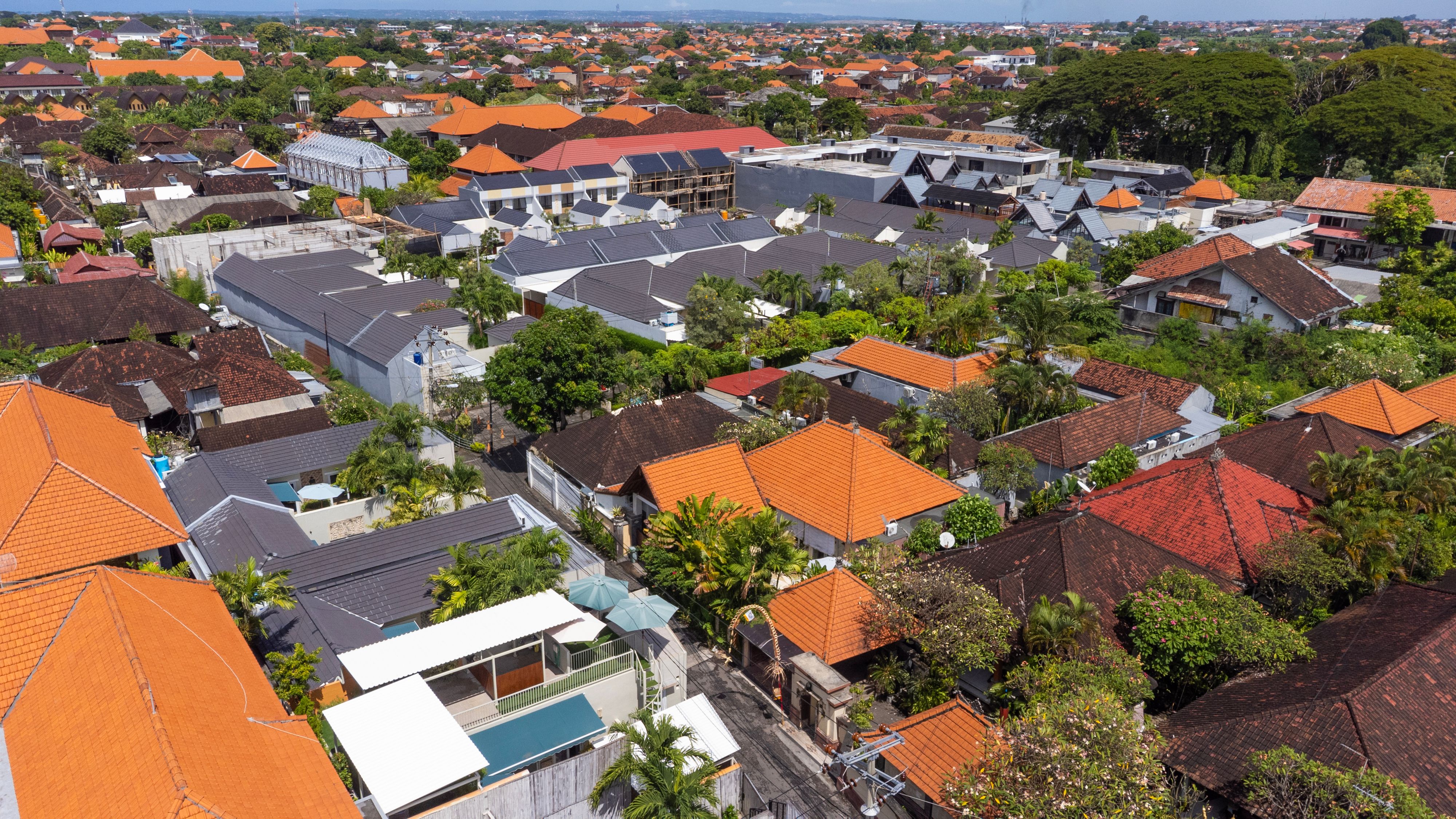Understanding Bali's Real Estate Regulations: A Local's Guide
Introduction to Bali's Real Estate Regulations
Bali, with its stunning landscapes and vibrant culture, has become a sought-after destination not just for tourists, but also for real estate investors. However, navigating the local real estate regulations can be challenging for newcomers. This guide aims to provide a comprehensive understanding of Bali's real estate laws, ensuring you make informed decisions when investing in this tropical paradise.
Real estate in Bali is governed by Indonesian national law, which can be complex for foreign investors. Understanding these laws is crucial to ensure compliance and protect your investment. Let's explore the key aspects of Bali's real estate regulations.

Foreign Ownership Restrictions
One of the most important things to understand is the restriction on foreign ownership. In Indonesia, foreigners cannot own freehold land. Instead, they can use a leasehold title or set up an Indonesian legal entity to hold the property. This regulation is designed to protect local ownership and preserve the island's cultural heritage.
Foreign investors often opt for a leasehold agreement, which typically lasts between 25 to 30 years and can be extended. Understanding the terms and conditions of the leasehold agreement is essential to avoid potential legal issues.
Types of Property Titles
Bali offers different types of property titles, each with its own legal implications. The most common titles are:
- Hak Milik (Freehold): Available only to Indonesian citizens.
- Hak Pakai (Right to Use): Allows foreigners to use the property for a specific duration.
- Hak Sewa (Leasehold): A popular choice for foreigners, allowing them to lease land for a set period.

Legal Documentation and Procedures
Investing in Bali's real estate market requires thorough documentation and adherence to legal procedures. It is advisable to hire a reputable notary or legal consultant who understands the intricacies of Indonesian property laws. They can assist with drafting contracts, verifying land titles, and ensuring all transactions comply with local regulations.
Additionally, investors should conduct due diligence to verify that the property is free from disputes or encumbrances. This involves checking land certificates, zoning regulations, and obtaining an IMB (Building Permit) before constructing any structures.
Zoning Regulations and Building Permits
Zoning regulations in Bali determine what kind of developments are permitted in specific areas. These regulations are crucial to ensure that your investment aligns with local development plans and environmental considerations. Before purchasing land, it's important to check whether it falls within a residential, commercial, or tourism zone.

Securing a building permit (IMB) is mandatory before commencing any construction activities. The permit process involves submitting architectural plans and ensuring compliance with safety and environmental standards. Failure to obtain the necessary permits can result in fines or demolition of unauthorized structures.
Working with Local Professionals
Navigating Bali's real estate landscape can be challenging without local expertise. Engaging with local real estate agents, lawyers, and consultants can provide valuable insights and assistance throughout the investment process. These professionals can help you understand market trends, negotiate prices, and ensure all legal requirements are met.
In conclusion, while Bali offers lucrative real estate opportunities, understanding and complying with local regulations is crucial for successful investment. By familiarizing yourself with the legal landscape and seeking professional guidance, you can enjoy the benefits of owning property in this island paradise.
